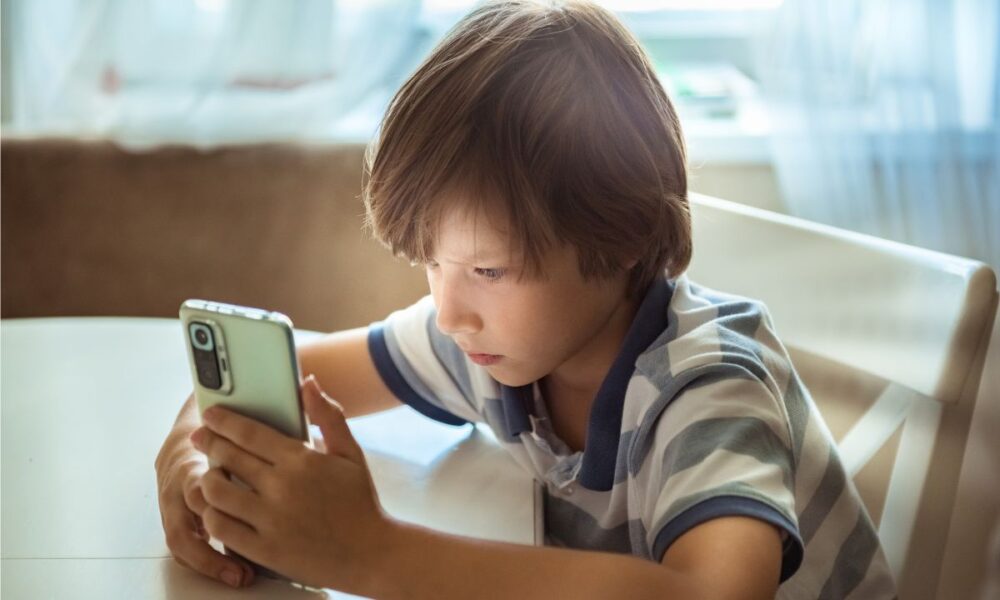Social media giant Meta has warned its youngest users in Australia that they have two weeks to download their digital histories and delete their accounts.
The warning comes as new social media age restrictions are set to begin in the Land Down Under.
Starting December 10, Australia will become the first country to ban social media accounts for children under 16.
Earlier this month, the Australian government announced that major platforms Snapchat, TikTok, X, YouTube, and Meta must take reasonable steps to exclude Australian account holders who fall within the age-restricted group. On Thursday, Meta became the first of those social media companies to disclose its plans for complying with the new law.
Meta contacted thousands of account holders via SMA and email to warn that suspected children will begin losing access starting December 4.
“We will start notifying impacted teens today to give them the opportunity to save their contacts and memories,” the company said in a statement, per CBS.
Meta also said the advanced warning will allow its youngest users to update their contact information so the company can contact them to regain access once they turn 16.
Out of Australia’s population of 28 million, there are an estimated 350,000 children aged 13 to 15 on Instagram and 150,000 on Facebook.
Any user 16 or older who mistakenly received the notice will be required to verify their age with government-issued documents or a “video selfie,” Meta said. However, Terry Flew, co-director of Sydney University’s Center for AI, Trust and Governance, said the technology has a failure rate of at least 5%.
“In the absence of a government-mandated ID system, we’re always looking at second-best solutions around these things,” Flew said to the Australian Broadcasting Corp.
Social media companies that fail to comply with the new rules will face fines of up to $33 million.
Earlier this week, The Dallas Express reported that Roblox would begin verifying users’ ages to use the platform’s chat feature. The company said it was implementing the check to prevent children from communicating with adults, a problem that the platform has long been accused of failing to address.


